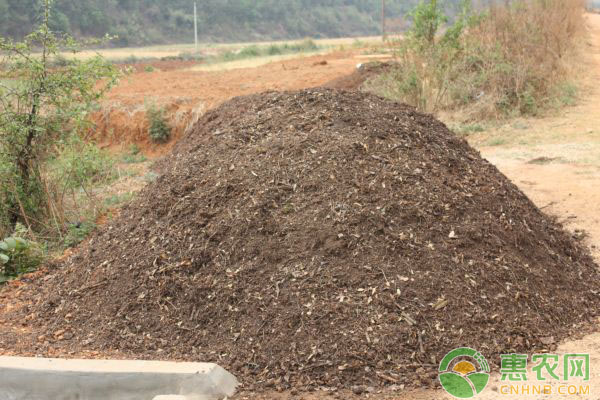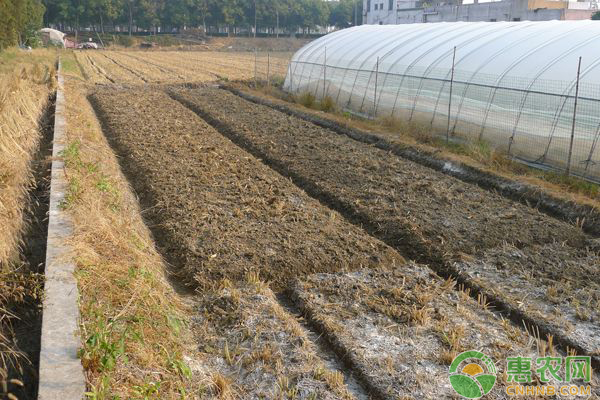How is elemental antagonism produced? How to avoid the occurrence of elemental antagonism?
Elemental antagonism, also known as "elemental fight", is common in major producing areas. As an agricultural person, we must learn the correct supplement knowledge, then today we will talk about the principle of elemental antagonism and how to avoid it.

Principle of elemental resistance
1 elemental antagonism occurs not only in the elements, but also in the soil and in the crops. The most basic principle is that when we supplement nutrients, the chemical reactions caused by the ratio, application synchronization, etc., form insoluble substances, resulting in problems such as inability to absorb. However, the antagonism of nutrients will have corresponding objects, so we can grasp the effects of each other.
2 Excessive fertilization may cause antagonism. Just like the common partial application of potassium fertilizer, it will first cause concentration disorder, causing the crop to have an increased incidence of pests and diseases, and then antagonizing calcium, magnesium and boron in the soil and plants; if the situation is serious, there will be a series of other problems. And even cut production. Even better than the partial application of nitrogen fertilizer, it is easy to cause potassium deficiency; partial application of phosphate fertilizer will inhibit the nitrogen uptake of crops, resulting in nitrogen deficiency. The inhibition caused by the imbalance of various elements is caused by excessive fertilization. Therefore, before fertilization, it is necessary to fully understand the elements that need to be supplemented for crops.
3 Simultaneous fertilization may also cause antagonism. For example, it is like phosphate and zinc fertilizers cannot be applied at the same time, because these two elements will produce a chemical reaction to form a precipitate and reduce the utilization of elements.
4 soil pH will also bring about antagonism. Acidic soil has an antagonistic effect on cation absorption; alkaline soil has an antagonistic effect on anion absorption.

How to avoid the emergence of antagonistic effects?
After understanding the principle, we can understand what to do.
1 Before supplementing, be sure to know what is needed for the crop, and then know if there is any antagonistic effect between the two or more. It is caused by partial application of certain elements, or it must be clearly explained by simultaneous application, which is conducive to our correct complement.
2 The application of farmyard manure must be fully decomposed. The maturity of farmyard manure can not only add elements, but also rich organic nutrients. This is good for us to improve soil conditions and enhance soil fertility.
3 Consider the soil characteristics before fertilization. For example, what kind of soil is the nature of the home field? For example, potassium deficiency soil should be supplemented with potassium and nitrogen supplementation, but potassium fertilizer should not be applied to avoid antagonism of calcium and magnesium. What is the pH of the soil? For example: acid soil should not be biased with nitrogen fertilizer, otherwise it will be difficult to absorb calcium ions once the concentration of ammonium ions absorbed by the crop is high. Therefore, the consideration of soil properties is very necessary.

4 Finally, the improvement of the soil is also very necessary. As the "root" of crop growth, the soil is good, and there are certain benefits to the solution of antagonism.
Halal Empty Capsule,Halal Empty Gelatin Capsules,Empty Capsule Shell With Halal,Halal Shell Empty Gelatin Capsules
Ningbo Jiangnan Capsule Co., Ltd. , https://www.ningbocapsule.com
